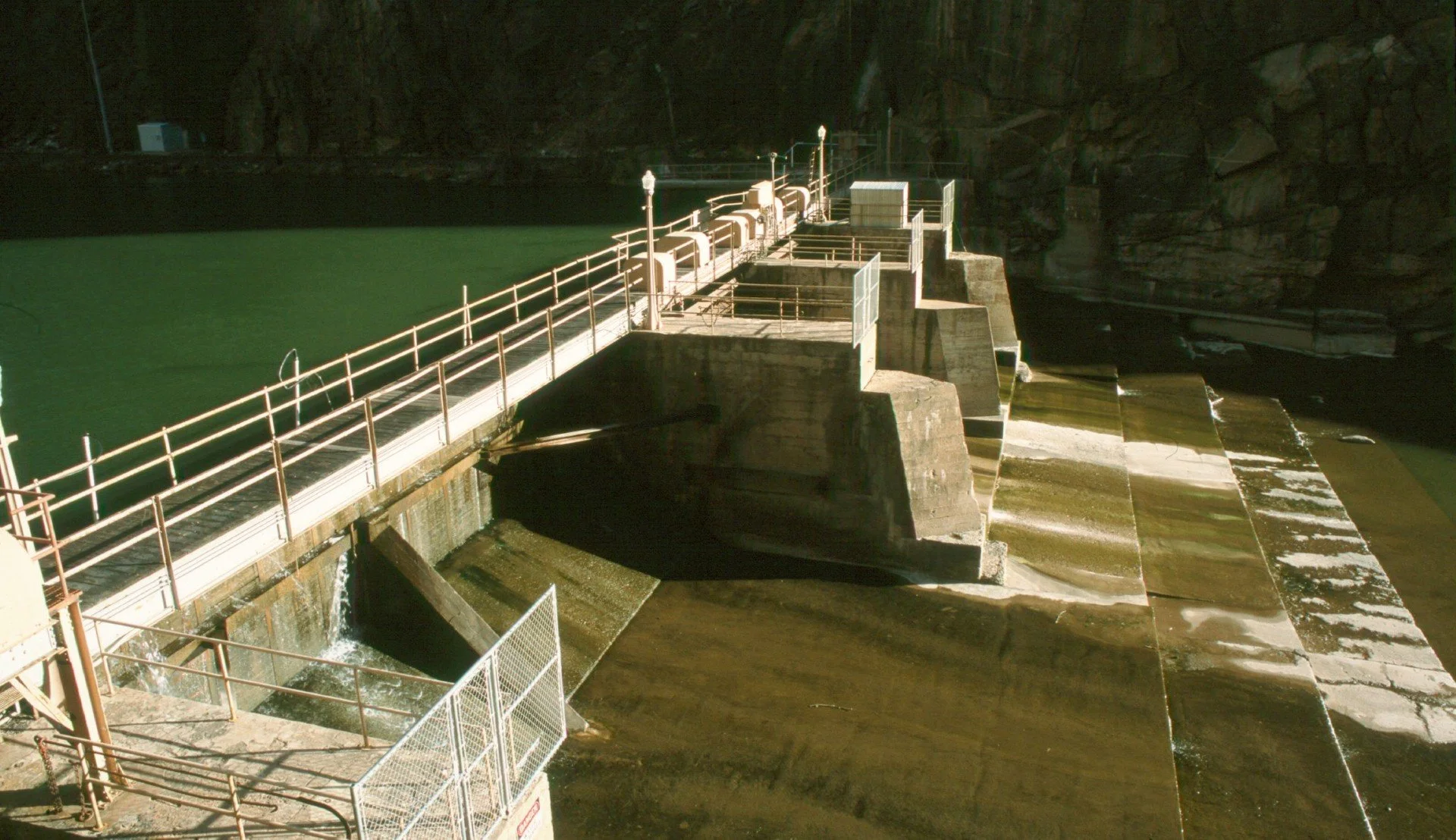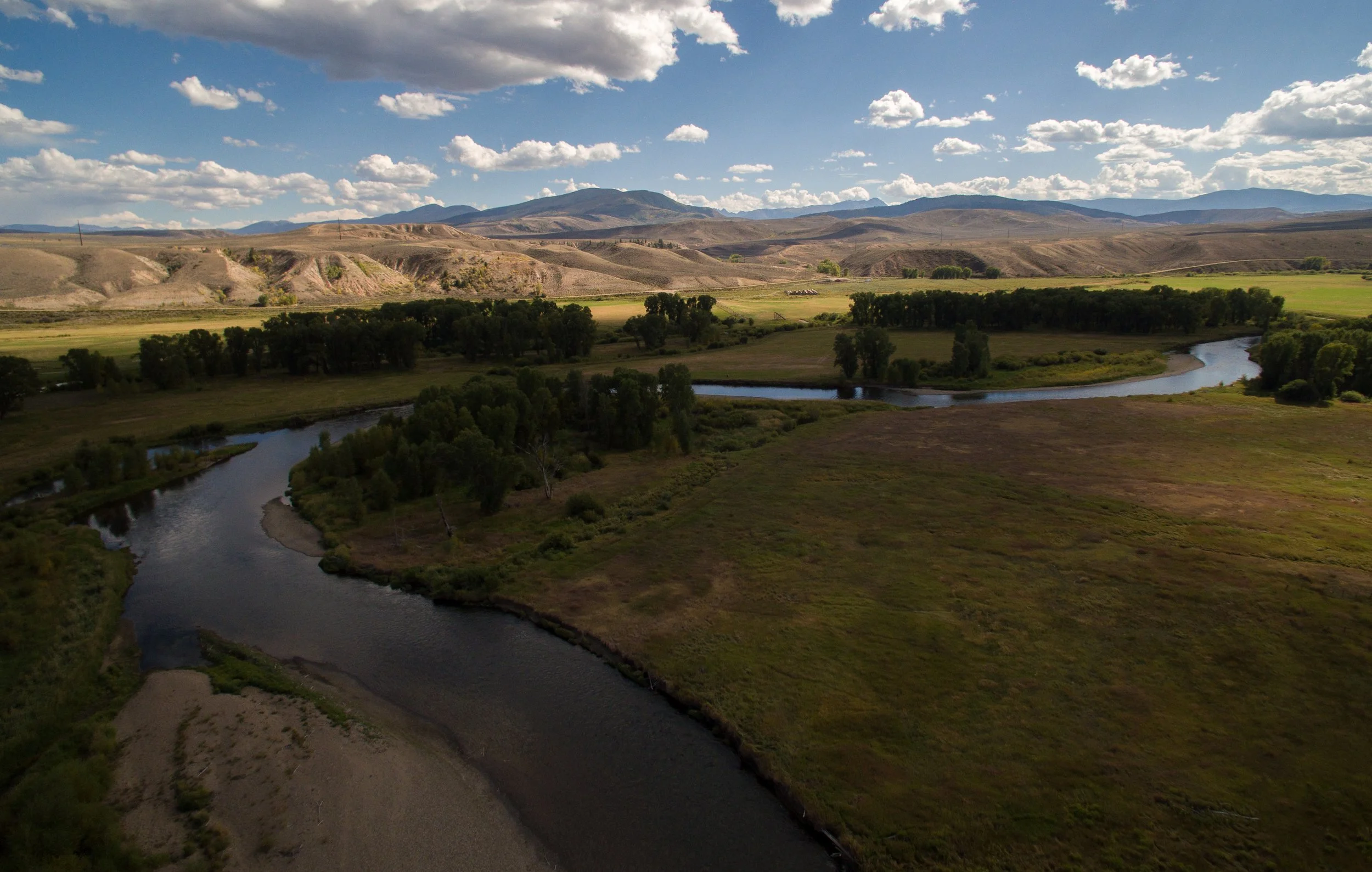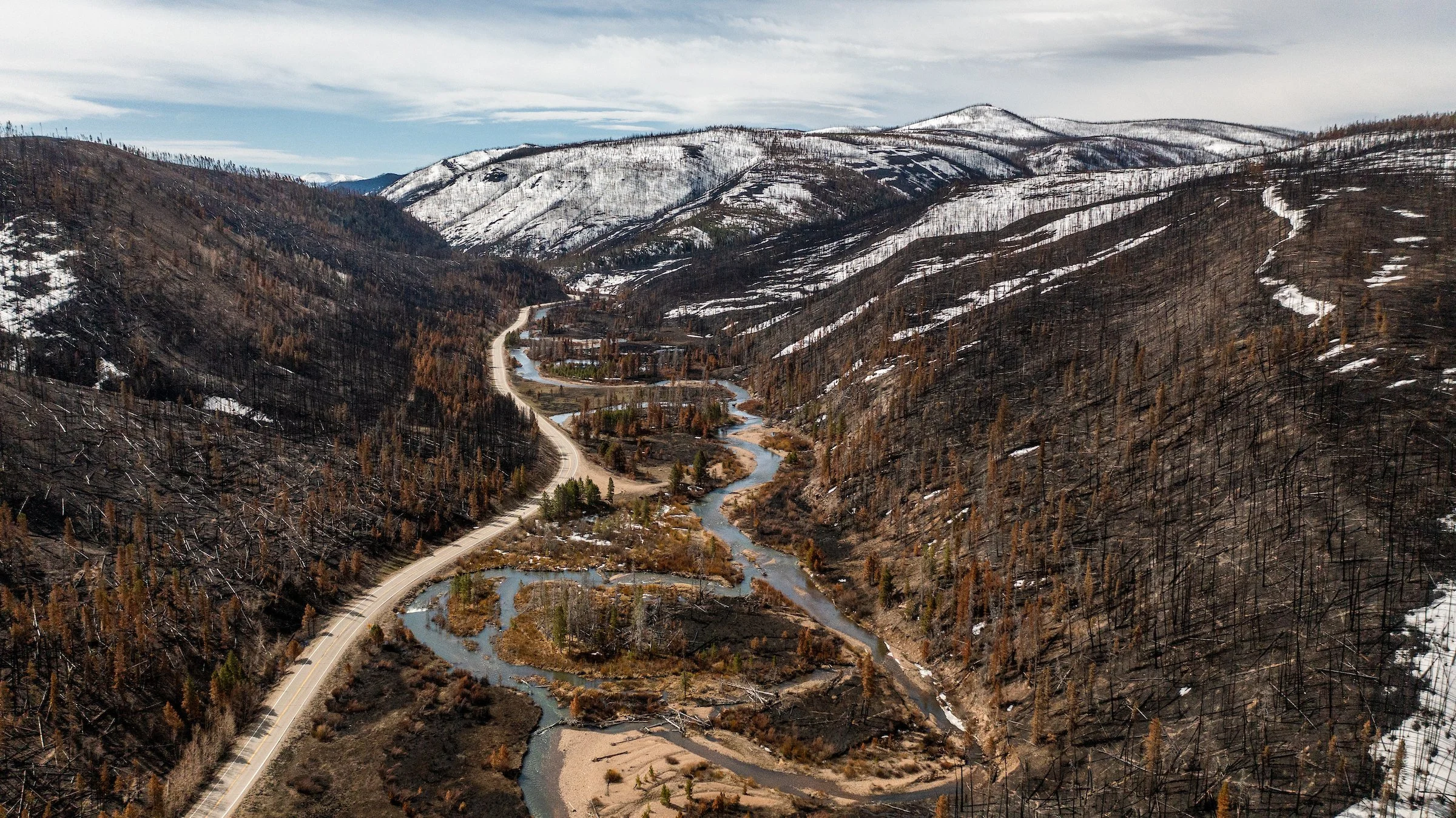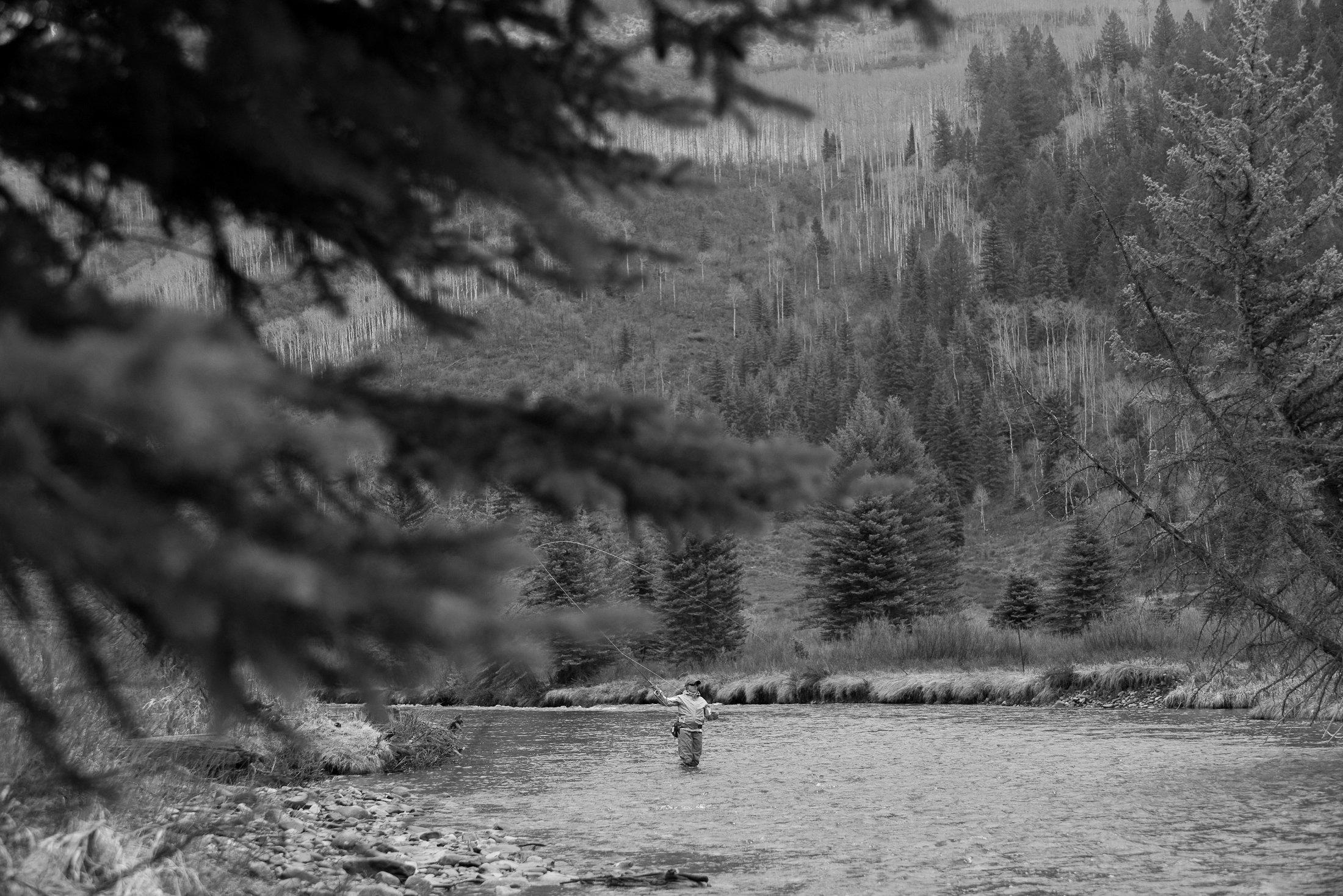Nationwide there are an estimated 500,000 abandoned mines - mines with no one remaining that is responsible for clean-up – 33,000 of which are known to be causing environmental damage. More than 110,000 miles of streams are listed as impaired for heavy metals and/or acidity, and abandoned mines are a major source of these impairments due to acid-mine drainage with toxic metals, such as mercury, lead and arsenic. Many willing partners could bring expertise and resources toward restoring these mines sites as Good Samaritan project managers, but are unable to do so because they could become liable for the underlying pollution from those mines - even though they were not responsible for creating the problem, only helping to improve it.
Under current law, Good Sams, including Trout Unlimited, can and do voluntarily undertake projects to clean up “non-point-source” abandoned mine pollution, such as moving contaminated waste rock piles away from streams. However, under the Clean Water Act, groups wanting to take on “point-source” mine cleanups—where toxic drainage is discharging directly from the mine opening —face daunting obstacles, including complicated permitting and long-term legal and financial liability for any remaining mine pollution. This has slowed Good Sam projects for such draining mines to a virtual standstill.
Fortunately, bipartisan leaders in the House of Representatives are working to enable Good Sams to tackle restoration without taking on such perpetual, open-ended liability. Representatives Maloy (R-UT) and Peltola (D-AK) have introduced bipartisan legislation – HR 7779, the Good Samaritan Remediation of Abandoned Hardrock Mines Act of 2024 – which would establish a pilot program for the Environmental Protection Agency to issue permits to qualified nonprofit groups and other third parties to tackle cleanups of abandoned mine sites, in part by providing targeted, limited liability protection. Permits would make Good Sams responsible for their own actions and for completing cleanup work to the standards in their permits – but shield them from the large and perpetual liability for the mine’s pollution itself. This legislation mirrors a bill in the Senate that has 33 bipartisan cosponsors, including Senators Bennet and Hickenlooper.
The challenge of abandoned mines is very significant for Colorado. A study by the State Division of Reclamation Mining and Safety showed over 250 draining mines in Colorado with 148 likely degrading downstream water quality. The pilot program represents a vital first step in empowering Good Sam partners to help address these sites and improve water quality for the benefit of fish, wildlife, and downstream communities.
Please ask your Representative to support HR7779 and to cosponsor this bipartisan, common-sense legislation to help watersheds in Colorado and across the nation. You can use our email template to share your comments, and customize your note if you wish by adding reference to specific waters that are important to you.















